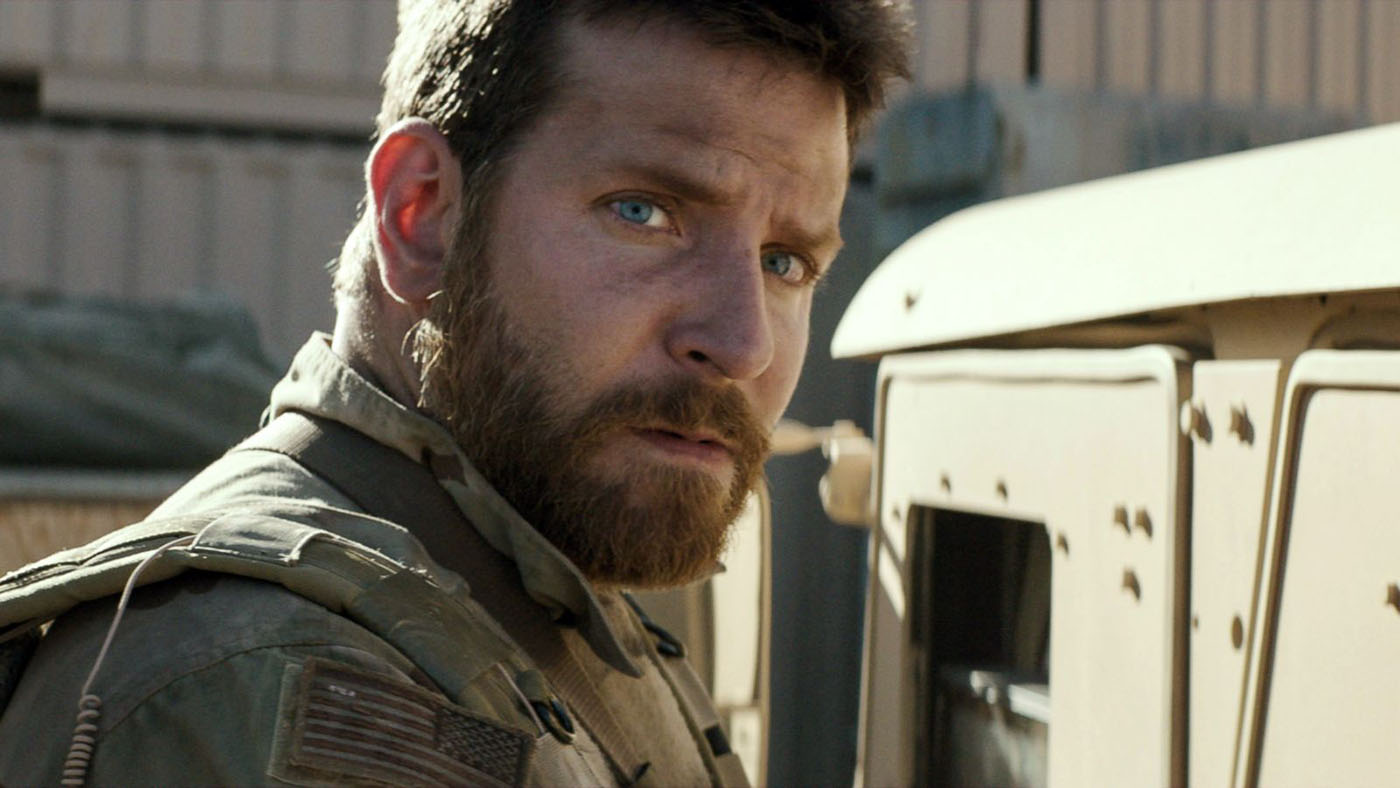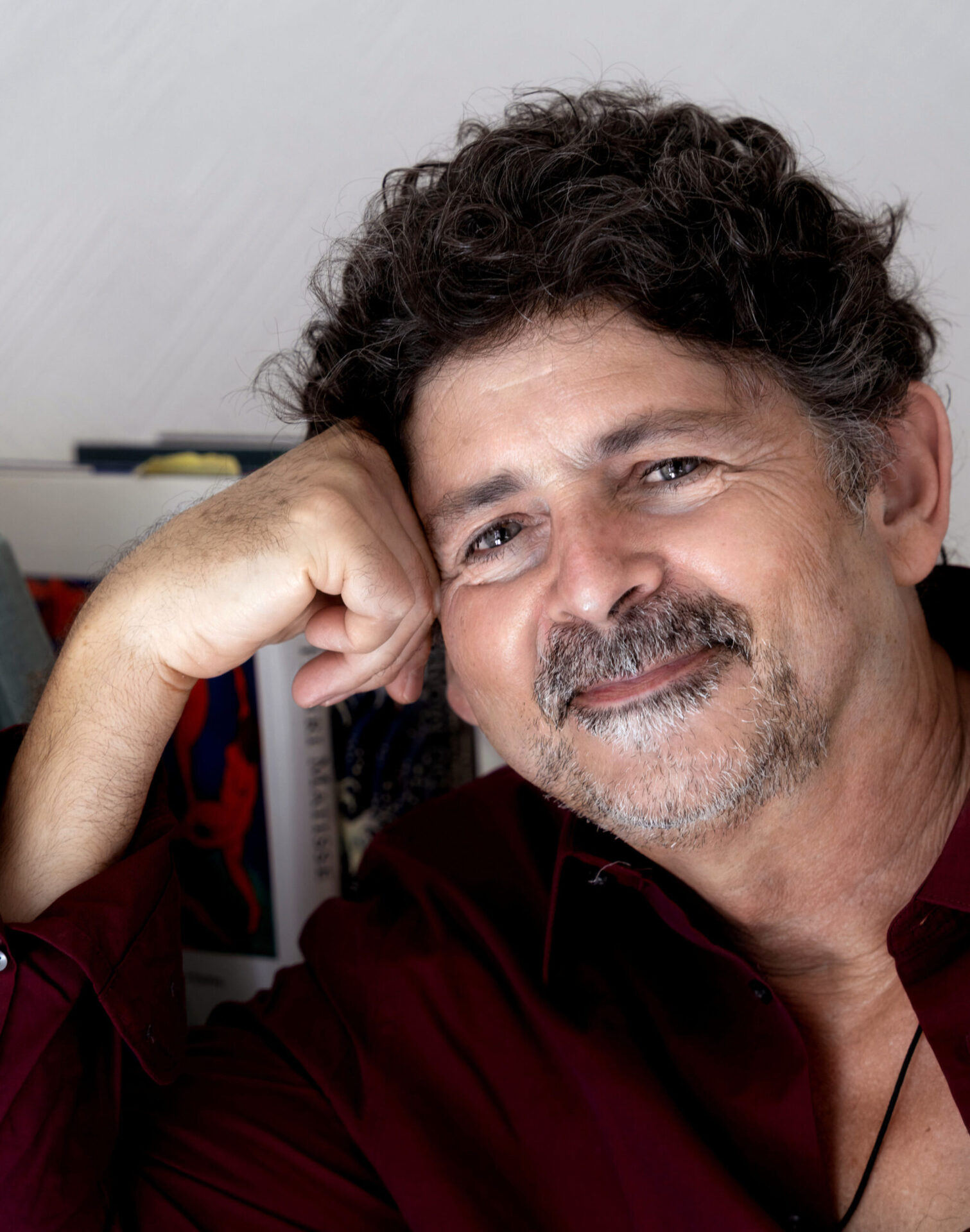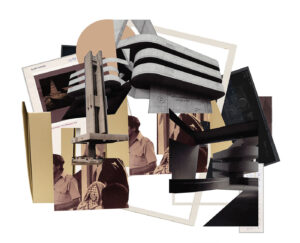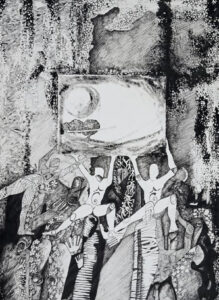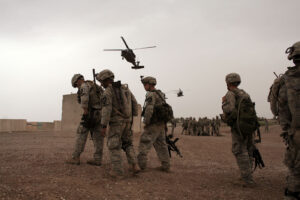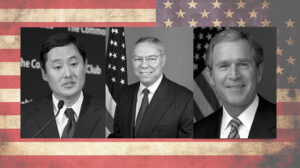Is it too much to ask that a movie set during the Second Gulf War convey something meaningful about Iraq?
Jordan Elgrably
A week before the Oscars—on Valentine’s Day in fact—I finally forced myself to go out and watch the new hit movie from Clint Eastwood. I had no choice. After two months of anti-Arab venom and a week of Islamophobic attacks across America, including murder, aggravated assault, hit-and-runs and arson, I wanted to see for myself if American Sniper could potentially incite anti-Arab violence.
My fear was that it might throw oil on the fire that is already burning fiercely after the Charlie Hebdo attacks and the brutal killings by ISIS of Americans and other foreigners. And I was intrigued by the fact that Eastwood thought he had made an “anti-war” picture, when violence and all-American exceptionalism have always been at the core of the Eastwood canon, whether as an actor or director. As Eastwood told the Hollywood Reporter, “The biggest antiwar statement any film” can make is to show “the fact of what [war] does to the family and the people who have to go back into civilian life like Chris Kyle did.”
I suppose Eastwood’s idea is that American Sniper is anti-war because it shows a few of the injured Iraq War veterans, and attempts to reveal its protagonist’s inner struggles.
If you are looking for a great war picture, however, you may be disappointed. American Sniper is turgid—slow, boring and utterly oversold and overrated by the Academy (it was nominated for six Oscars, including Best Picture, which is insulting to the other films in that category). Why do I say this is a botched film? Because unlike a comparable war drama, Saving Private Ryan, it utterly lacks character development, there is little narrative tension, and—worst of all—one never gets to know very much about and thus never cares for its protagonist: Chris Kyle the sniper is virtually impenetrable.
And would it be too much to ask that a movie set during the Second Gulf War teach us something meaningful about Iraq?
The viewer does not glean any understanding whatsoever for why American troops fought and died in that country. If this is the anti-war film Eastwood thought he was making, what does that say about Eastwood, or Hollywood for that matter? American Sniper relied on the cooperation of, and glorifies, the military. The film unquestionably presents Chris Kyle as a hero and American culture as superior to Arab culture. Actually, what culture? We never learn anything about Iraq as a country—its history, literature, music and ethno-religious diversity is conspicuously absent.
In truth, every Arab in American Sniper is automatically a suspect—including small children. This film seems unaware of the fact that American troops were—in theory anyway—sent to Iraq to liberate ordinary Iraqis from Saddam Hussein’s despotic regime. That some Americans went to Iraq to try to help the people there has been left out of this film entirely.
Arabs are portrayed from the very first scene as ciphers, when a traditionally dressed Iraqi mother seems to send her ten-year-old son to his death. What mother, in which culture, would ever do that? Are we to believe that the Iraqis would because, as the film’s American military personnel say multiple times, they are “savages”? How is it that sniper Chris Kyle isn’t the real savage? After all, he rarely speaks in complete sentences, fails to articulate any deep thoughts, holds up the State of Texas as if it were paradise on earth, and insists that, “America is the greatest country in the world.”
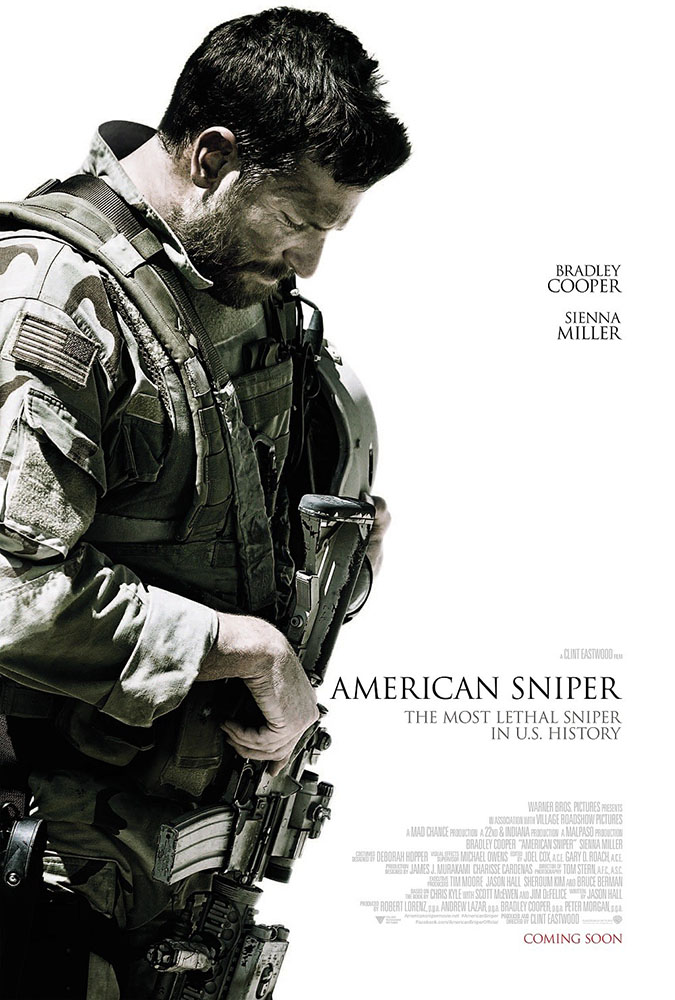
What’s more, American Sniper is poorly wrought. Good storytelling fleshes out the antagonist as much as the hero. A convincing, formidable villain is a three-dimensional portrait of man at his worst. None of the Arab characters in the film, other than the Arab American military translator, speaks any English. Very little of the Arabic is translated, making every Arab, therefore, seem unintelligible and ominous. (The same technique was employed in the movie Argo, where most of the Iranians speaking in their own language were not subtitled, and where there was only one sympathetic Iranian character, the maid in the Canadian embassy.)
The film works in broad, simplistic strokes. The most evil of the film’s “savages,” for example, is an insurgent by the name of “The Butcher,” who is second in command to al-Zarqawi (Al Qaeda’s man in Fallujah). This character (Mido Hamada) likes to kill his victims by putting a metal drill to their temples. Then there is the American sniper’s evil Doppleganger—the Arab sniper known as “Mustafa” (Sammy Sheik) who we learn excelled at the Olympics, but is from Syria, not Iraq. Even the one potentially sympathetic Iraqi, a father (Ayman Samman) who invites soldiers to sit down at his dinner table after they have invaded his home in a house-to-house search, turns out to be a liar who picks up a rifle against American troops.
In this movie, it seems that the only good Iraqi is a dead Iraqi—including poor Shaikh Al-Obodi (Navid Nagahban) who, although murdered by The Butcher, is depicted as a traitor to his own people.
As you watch sniper against sniper, Kyle vs. Mustafa, going against each other across dusty rooftops, you wonder why we as viewers are expected to root for the American, when he clearly does not belong in this environment. He is a member of the occupation forces, and there is no explanation offered for why U.S. troops are in Iraq in the first place, other than to hunt terrorists so they don’t show up “in San Diego or New York.”
One leaves this film without any understanding of America’s involvement in the Iraq war, or the shambles in which the nation of Iraq was left. Which is not to say that all American military personnel are as unconscious about their actions. In a Salon interview, former sniper Garett Reppenhagen, who also served in Iraq, had remorse for what he did over there. “My recovery hinged on the fact that I felt guilt and shame over committing atrocities against an occupied country,” he said. “We went over there and brutalized and oppressed, and that is part of my psychological and moral injuries.”
To judge from Clint Eastwood’s film and what one can glean from the book American Sniper, Chris Kyle lacked that human dimension. Perhaps that is because, as Oscar Wilde famously said, “America is the only nation that went from barbarism to decadence without a civilization in between.”



